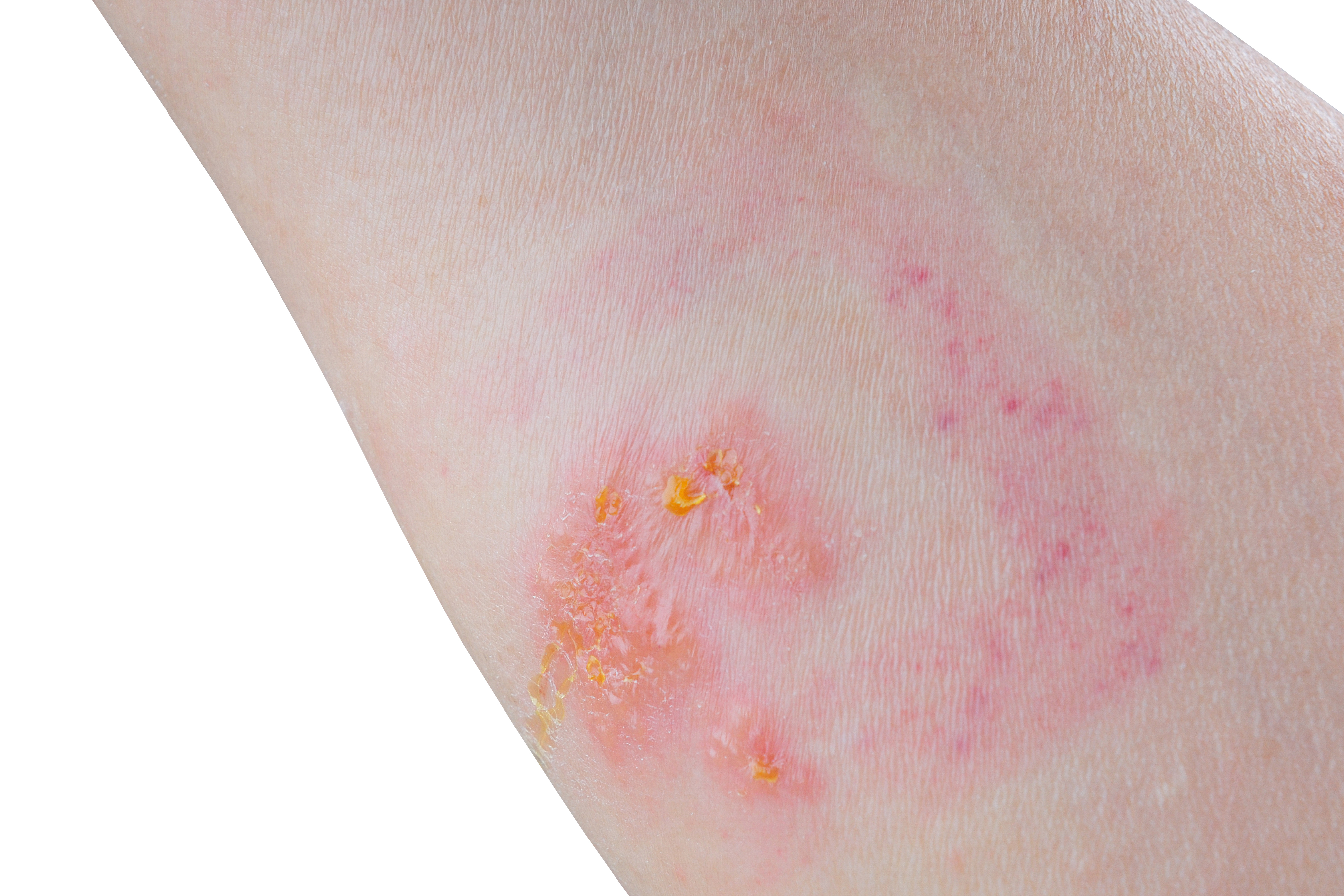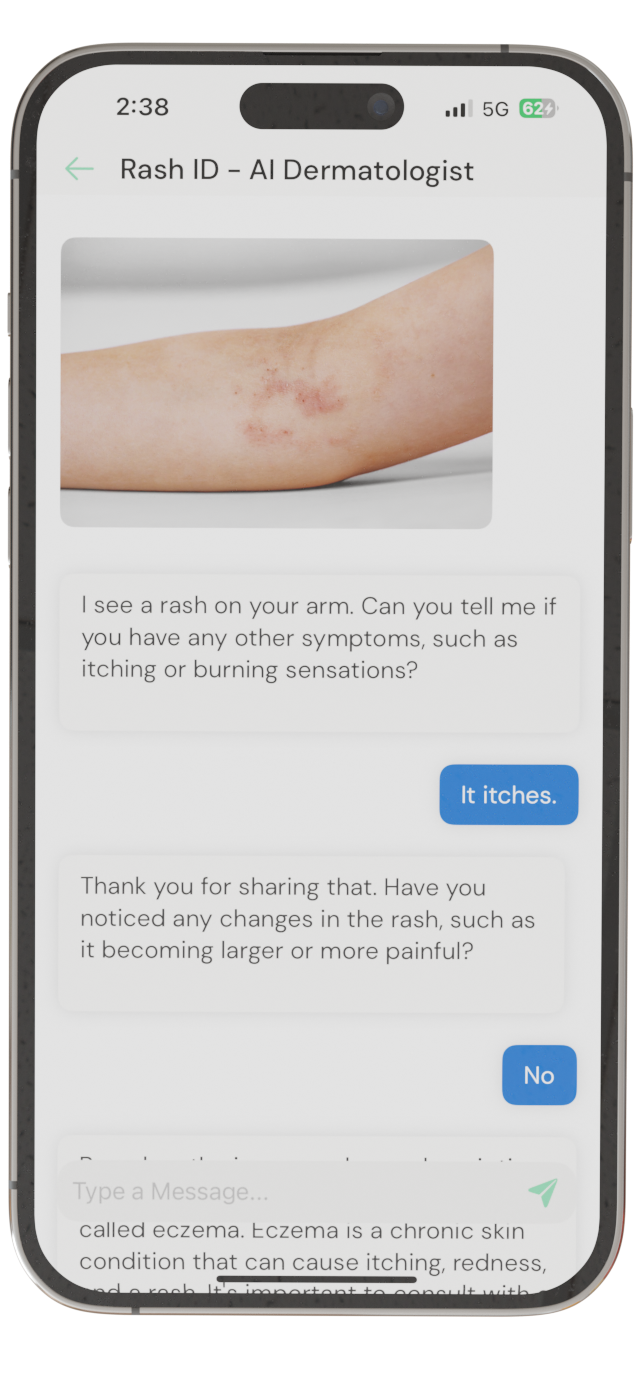
Poison Ivy Rash
What is Poison Ivy Rash?
A poison ivy rash is a type of contact dermatitis caused by an allergic reaction to urushiol oil, a sap that is found in the leaves, stems, and roots of poison ivy, poison oak, and poison sumac plants. When this oil comes into contact with the skin, it can result in a red, swollen, and intensely itchy rash with blisters.
The rash itself is not contagious and typically appears within 12 to 72 hours after exposure to the plant. The rash often resolves on its own within two to three weeks.
For an authoritative source of information, you can refer to the Mayo Clinic's guide on Poison Ivy Rash.
Symptoms and Causes
What are the Signs of Poison Ivy Rash?
Common signs of a poison ivy rash include:
- Redness: The skin becomes red and inflamed in areas that came into contact with urushiol.
- Itching: Severe itchiness accompanies the rash and can be exacerbated if scratched.
- Swelling: Localized swelling can occur at the site of contact.
- Blisters: Fluid-filled blisters may form and ooze before crusting over.
- Linear Streaks: The rash often appears in streaks corresponding to the brushing of the plant against the skin.
What Causes Poison Ivy Rash?
Poison ivy rash is caused by contact with urushiol oil, a resin found in poison ivy plants and other related plants. The oil can adhere to skin, clothing, pet fur, and any objects that have come into contact with the plant.
How Contagious is Poison Ivy Rash?
The rash itself is not contagious. However, if urushiol is still present on the skin or other surfaces, it can be spread to other areas or individuals, potentially leading to new reactions.
Diagnosis and Tests
How is Poison Ivy Rash Diagnosed?
A healthcare provider can diagnose poison ivy rash through a physical examination and a review of your symptoms and recent exposures. Sometimes, it's identified based on the classic linear appearance of the rash.
Management and Treatment
How is Poison Ivy Rash Treated?
Various treatments are available to relieve symptoms and promote healing:
Over-the-Counter Treatments
- Calamine Lotion: Helps soothe and dry up oozing and weeping from the rash.
- Hydrocortisone Cream: Can alleviate itching and inflammation.
- Antihistamines: Oral antihistamines like diphenhydramine (Benadryl) can help relieve itching, though they do not treat the rash.
Prescription Medications
For more severe cases, a healthcare provider might prescribe:
- Oral corticosteroids: Such as prednisone to reduce inflammation.
- Topical steroids: Stronger topical steroids to minimize rash symptoms.
For more information on specific medications, consult WebMD's Medication Guide on poison ivy.
Home Remedies for Poison Ivy Rash
- Cool Compresses: Applying cool, wet compresses to the rash may relieve itching.
- Oatmeal Baths: Taking a bath with colloidal oatmeal can soothe irritated skin.
What Cures Poison Ivy Rash?
The rash will not disappear instantly and usually resolves itself over time, but treatments can ease the symptoms during healing.
Does Poison Ivy Rash Go Away by Itself?
Yes, poison ivy rash normally resolves without medical treatment within two to three weeks.
Prevention
How Can I Prevent Poison Ivy Rash?
Preventing exposure to poison ivy involves several measures:
- Learn to Identify the Plant: Knowing what poison ivy, oak, and sumac look like can help in avoiding them.
- Protective Clothing: Wearing long sleeves and pants when in wooded or grassy areas can minimize skin exposure.
- Wash clothing and gear: After possible exposure, thoroughly wash all clothing, shoes, and gear to remove urushiol.
- Avoiding Burning Plants: Burning the plants releases urushiol into the air, which can cause a reaction if inhaled.
For complete prevention tips, refer to the CDC's guide on Preventing Poison Ivy.
Outlook / Prognosis
Can Poison Ivy Rash Come Back?
Once the rash clears, it won't return unless there's a new exposure to urushiol.
What Are the Complications of Poison Ivy Rash?
Most cases do not lead to serious complications, but severe itching or infection due to scratching can occur.
Living With
When Should I Call the Doctor?
Seek medical advice if:
- The rash is widespread or severe.
- It affects sensitive areas such as the face or genitals.
- There are signs of infection, such as pus or fever.
- The rash does not improve with over-the-counter treatments.
What Questions Should I Ask My Doctor?
- Is my rash due to poison ivy exposure?
- How can I manage my symptoms effectively?
- Are prescription medications necessary for my case?
- What can I do to prevent future exposures?
Additional Common Questions
Can Poison Ivy Rash Affect My Pets?
Pets can carry urushiol on their fur, potentially transmitting it to humans. While animals are not typically affected by the oil, it's crucial to wash your pet if they roam in areas where poison ivy grows.
How is Poison Ivy Rash Different from Other Types of Dermatitis?
Unlike other forms of dermatitis, poison ivy rash is directly caused by physical contact with urushiol oil, and its management focuses on removing the oil and alleviating the allergic reaction.
Each case may vary, and when in doubt, it's best to contact a healthcare professional.

Identify Skin Conditions Instantly
Try Rash ID for Free